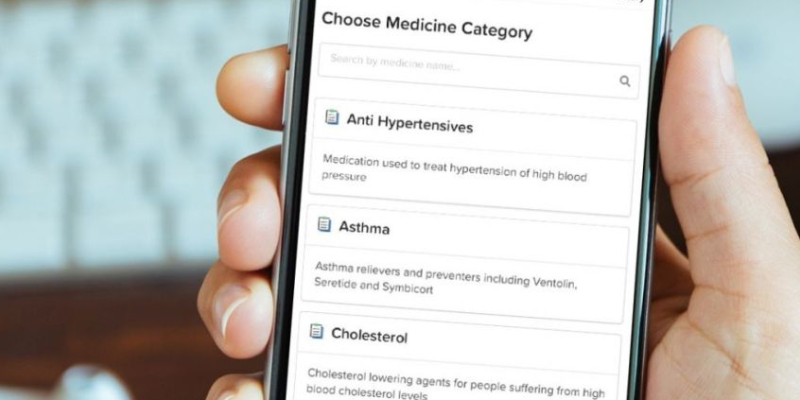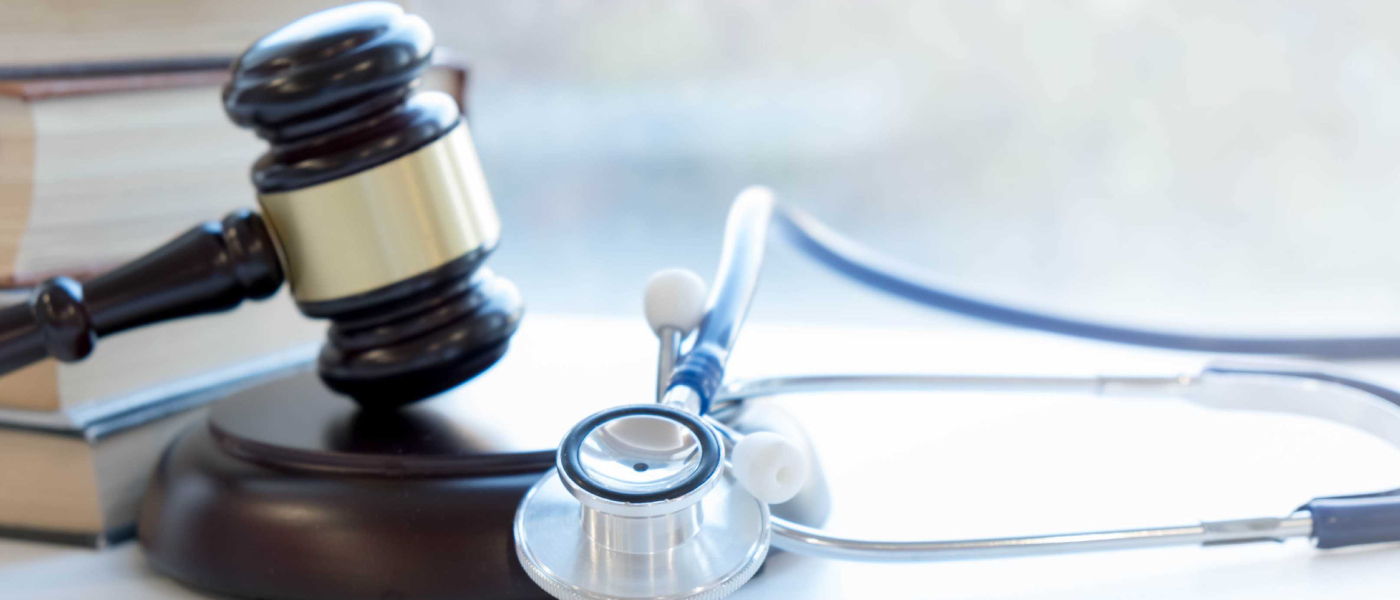
Just about everybody loves the convenience of apps, and when it comes to managing health and wellness, there are plenty of resources from which to choose. But recently, concerns have begun to be raised by medical professionals regarding the safe use of these apps and their significant potential for misdiagnosis, which may lead to patients misinterpreting important symptoms and delaying medical care.
Not all medical apps are “bad,” but it’s important to follow safety guidelines when using them, like these five simple tips:
- First, remember – no app or website should be a substitute for a doctor’s advice. If you have signs or symptoms that indicate you might be at risk for a medical issue, schedule an exam with your doctor.
- If an app does offer medical advice beyond recommending seeing a doctor, do not use it.
- Use the information from an app to develop a list of questions for your doctor; tell the doctor what you’ve found on the app, and ask for his or her professional opinion on the information. Used this way, apps can provide a good jumping-off point for important health-related dialogue.
- Record your symptoms and questions on your own without even using an app. Create a written list that you can take to your appointment and share with your doctor. Many patients feel rushed or nervous visiting the doctor, and preparing a list ahead of time can ensure all your questions are answered.
- Use the same advice for fitness-related apps. See your doctor to ensure you’re fit enough for the activity you’re considering, and visit with a personal trainer at least initially to make sure you’re doing exercises correctly
